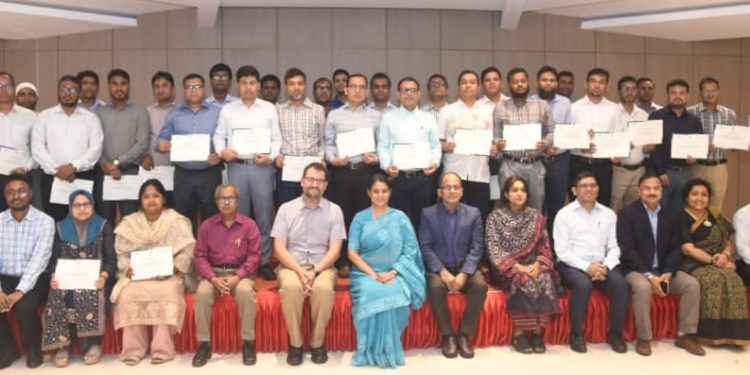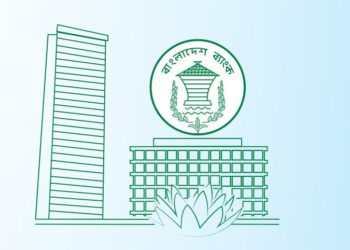Syeda Rizwana Hasan, Adviser to the Ministry of Environment, Forest and Climate Change and the Ministry of Water Resources, has called for Stronger Enforcement, institutional capacity, Transparency & accountability in environmental regulation and enforcement, and End to Faulty Clearances.
Speaking as Chief Guest at the World Bank–organized seminar “Strengthening Environmental Regulatory and Enforcement Capacity for a Sustainable Bangladesh” held in Sreepur, Gazipur, the Adviser urged officials of the Department of Environment (DoE) to act creatively and fearlessly on Saturday . “Enforcement is not just about fines. It must include transparency, alternatives, and community empowerment,” she said.
On enforcement priorities, Rizwana called for targeting hotspots such as dyeing industries, cement factories, and brick kilns. “We must focus on the worst polluters with proper budgeting and planning. Publish the names of polluters online. With information accessible, citizens will support enforcement against political pressure,” she stressed.
She strongly criticized the practice of granting site clearances in ecologically sensitive areas. “Site clearances for waste dumping centers in flood flow zones are irresponsible and legally flawed. Even under political pressure, officials must send objection letters. If you cannot perform your duties, then be transferred — but do not compromise the environment,” she warned.
The Adviser also emphasized transparency in clearance processes, urging the DoE to publish Environmental Impact Assessment (EIA) reports of all red-category industries on its website and to make public objections part of the decision-making process.
Warning against rewarding polluters, Rizwana cited the example of a ceramic factory that received a national award despite multiple fines and lack of clearance. “Polluters must be exposed, not celebrated,” she remarked.
She further called for digitization of complaint handling, creation of a mobile app to track enforcement actions, and stronger collaboration with local administrations to curb forest encroachment and illegal industrial activities.
Jean Pesme, Division Director for Bangladesh and Bhutan at the World Bank; Muhammad Munir Chowdhury, former Director General of both the Anti-Corruption Commission and the National Museum of Science and Technology; Nafisa Arefin, Deputy Commissioner of Gazipur; AKM Rafiqul Islam, Project Director of the BEST project; and Bushra Nishat, Environment Specialist at World Bank Bangladesh, also spoke on the occasion.



















